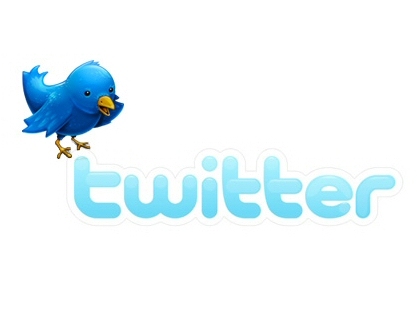Twitter and Facebook clamping down on third party relations

Twitter and Facebook look to be reining in their involvement with third parties, with both sites announcing restrictions to how third-party networks can use their services.
Twitter has made the biggest change, banning third-party ad networks from the site, instead pushing all advertisers to its Promoted Tweets service.
This means that nobody except Twitter can add paid tweets into a timeline, effectively banning users from utilising Ad.ly and Sponsored Tweets (run by Izea) for monetary gain.
Twitter preservation
Twitter says on its blog about the announcement: "It is critical that the core experience of real-time introductions and information is protected for the user and with an eye toward long-term success for all advertisers, users and the Twitter ecosystem.
"For this reason, aside from Promoted Tweets, we will not allow any third party to inject paid tweets into a timeline on any service that leverages the Twitter API."
The blog continues: "Third party ad networks are not necessarily looking to preserve the unique user experience Twitter has created.
Sign up for breaking news, reviews, opinion, top tech deals, and more.
"They may optimise for either market share or short-term revenue at the expense of the long-term health of the Twitter platform."
Blocking third parties
On the other side of the social-networking coin, it seems that Facebook is making it easier for users to block third-party developers from blurting out information about you.
This is all part of the massive privacy shake-up which Facebook is poised to announce.
For developers this could mean that won't be able to automatically fill up your friends' walls with posts about how well you are doing on, say, FarmVille.
Zuckerberg announced the news in a statement to the Washington Post, which explained: "We will give you an easy way to turn off all third-party services. We are working hard to make these changes available as soon as possible…
"We already offer controls to limit the visibility of that information and we intend to make them even stronger."
However Twitter and Facebook sugar-coat this news, it seems that some devs who see both sites as an income source are about to get a little short-changed.

Marc Chacksfield is the Editor In Chief, Shortlist.com at DC Thomson. He started out life as a movie writer for numerous (now defunct) magazines and soon found himself online - editing a gaggle of gadget sites, including TechRadar, Digital Camera World and Tom's Guide UK. At Shortlist you'll find him mostly writing about movies and tech, so no change there then.